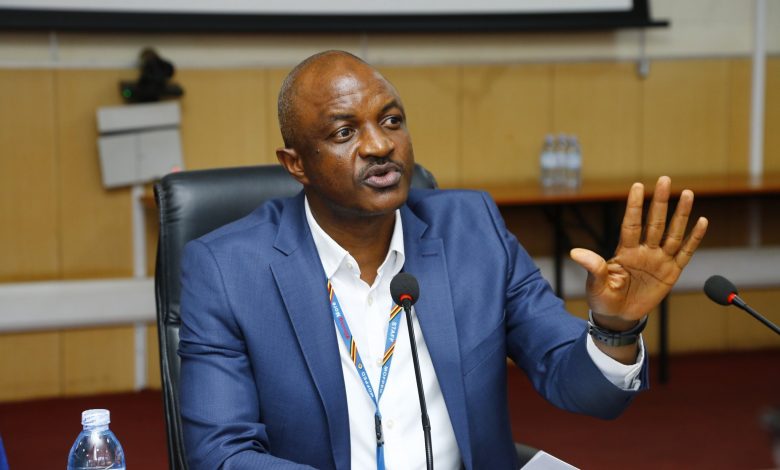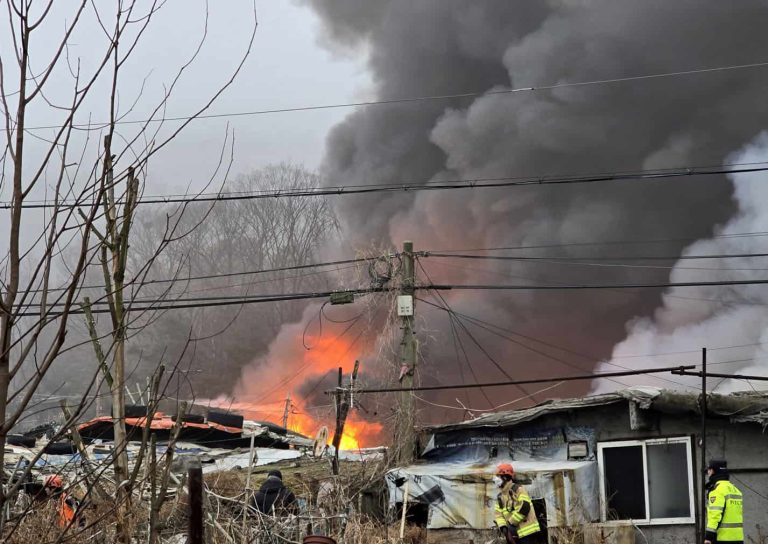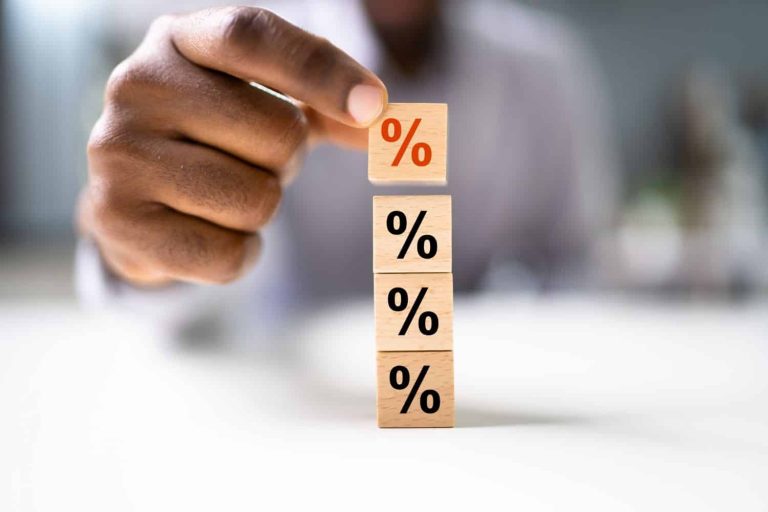
The World Bank has announced plans to provide Uganda with more than $2 billion in new financing over the next three financial years, marking the restoration of its concessional funding to the East African nation. The decision comes after a nearly two-year suspension of fresh loans, which followed Uganda’s enactment of a controversial anti-LGBTQ law that includes severe penalties for same-sex relations.
Ramathan Ggoobi, Uganda’s Permanent Secretary of the Ministry of Finance and Secretary to the Treasury, confirmed the development in a statement on Tuesday, describing it as a major boost to the country’s economic agenda. “I am glad to announce that concessional financing is back. In the next three financial years, the World Bank will disburse over $2 billion of new money to finance our development,” he said.
According to Ggoobi, the funds will support key sectors including transportation, energy, ICT, and agriculture — areas viewed as central to Uganda’s long-term growth and poverty reduction strategy. The World Bank, which has long been one of Uganda’s primary sources of affordable credit alongside China, has not yet issued an official statement on the renewed financing.
The suspension of World Bank loans in 2023 had forced Uganda to rely heavily on domestic borrowing, raising the government’s cost of credit and tightening fiscal conditions. The new inflow of concessional funds is therefore expected to ease financial pressures and re-energise infrastructure and social investment programmes.
Uganda is also in discussions with the International Monetary Fund (IMF) for a new Extended Credit Facility (ECF) agreement, following the expiration of a previous $1 billion programme last year before all funds were fully disbursed.
Looking ahead, Uganda’s economic outlook remains optimistic, with the government projecting a surge in growth once crude oil production begins in mid-2026. The Ministry of Finance anticipates that oil revenues could help propel GDP expansion into double digits in the 2026/27 fiscal year, as the country seeks to strengthen its fiscal stability and accelerate industrialisation.
Melissa Enoch



